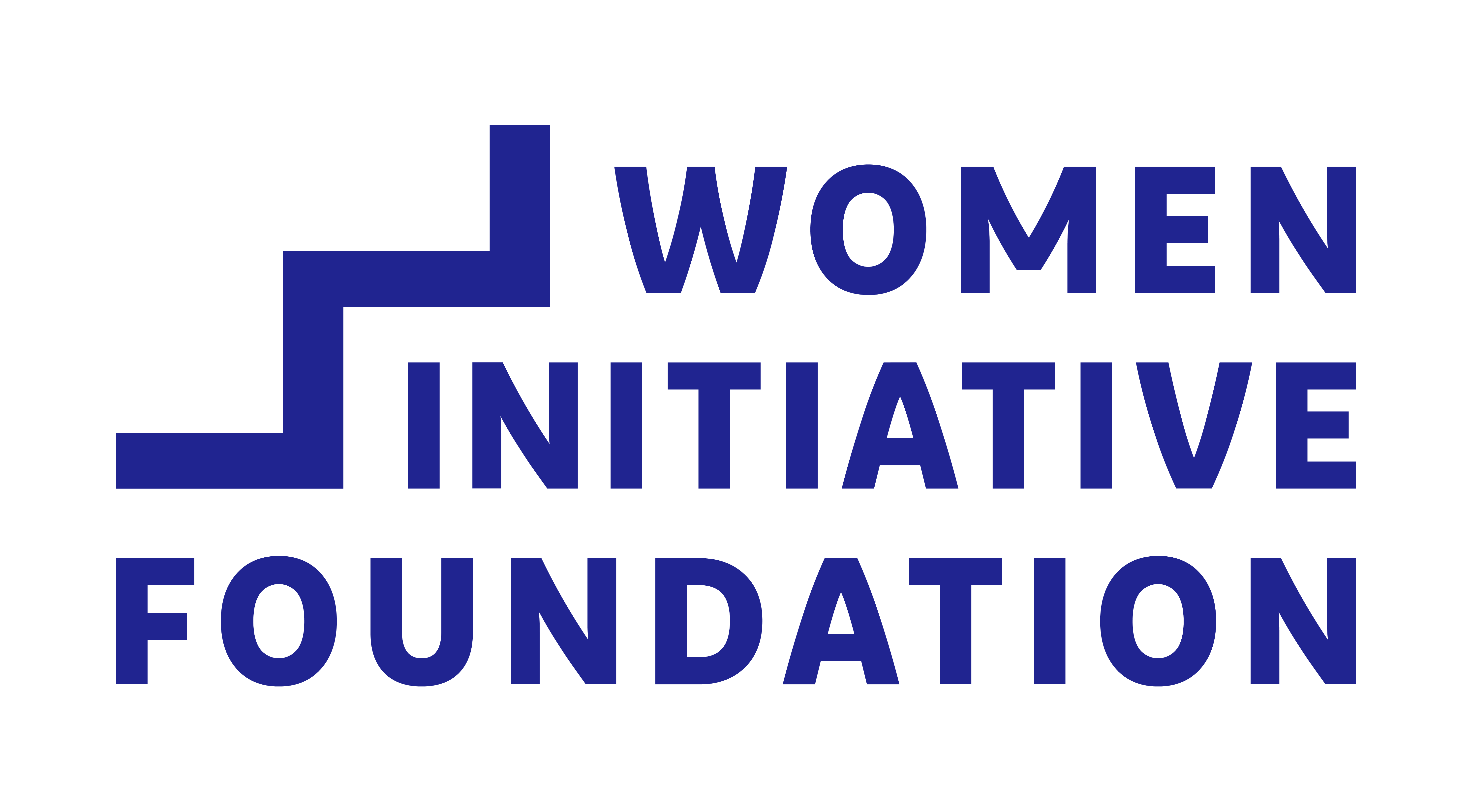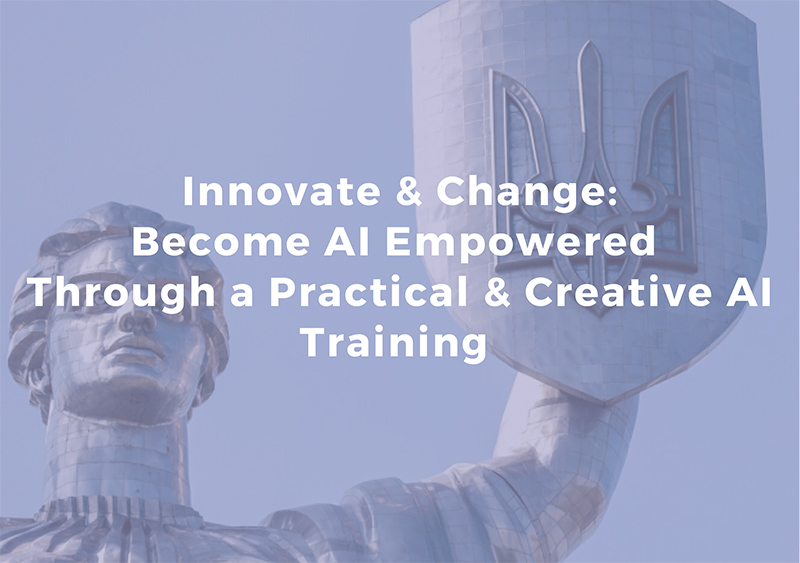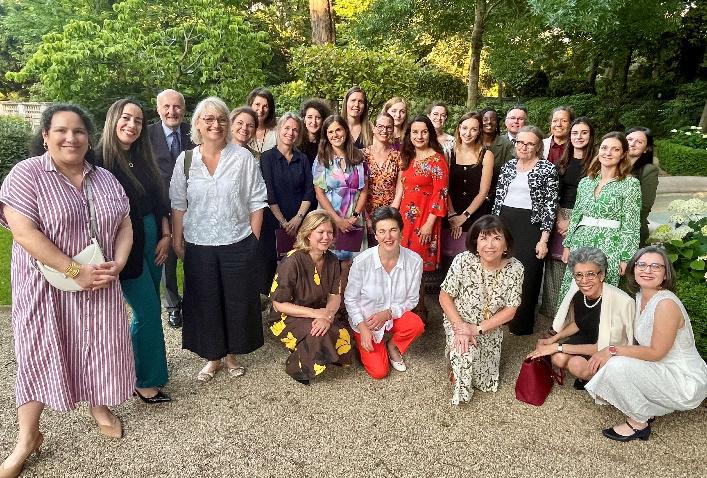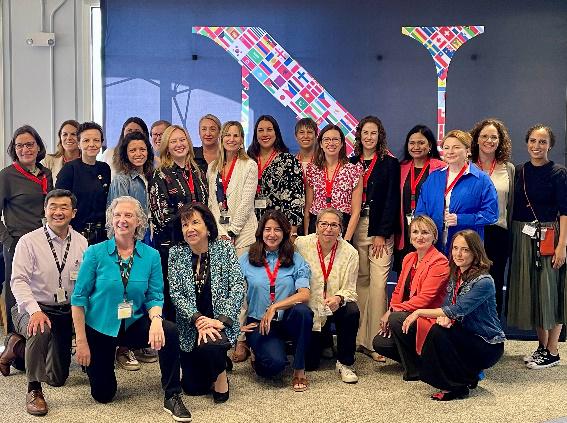Opinion Ed. – Martine Liautaud, Founder of the Women Initiative Foundation
As the economy recovers, companies have few certainties they can count on. Or rather they have two that don’t make things any easier. The first is that they are caught up in the relentless march of technological innovation, that takes them on an exhausting process of permanent transformation. The second is that they absorb societal developments that force them more and more to reconcile their targets for profits with the development of their employees and societal expectations. Faced with this dual challenge of technology and of purpose, there is a sole answer: open up more to diversity.
Diversity in business is much more than building pluri-disciplinary teams and breaking down silos, it’s about staffing organisations, at all levels, with a greater variety of socio-demographic profiles: gender, age, origin, career paths, convictions… Far from being about political correctness that companies need to pay lip service to, to buff up their image or tick a CSR checklist, social diversity is a proven catalyst for creativity, efficiency, agility and resilience. Studies show that in inclusive organisations, each player not only brings a different and enriching outlook, but they better hone their arguments, knowing that it’ll be harder to win everyone over. Faced with the whirlwind technological innovation, this added individual investment leads tothe faster emergence of better, original, robust ideas. Moreover, injecting other perspectives into company reflection is also a way of checking the pulse in society, which helps companies be better aligned with the expectations of both employees and all stakeholders.
Numerous large companies today have policies promoting diversity, but rare are those that have really measured the importance and urgency of the issue. As praiseworthy as they may be, programmes aimed at identifying and developing talented women for example, cruelly show their limits in the light of the results. Pay gaps persist, cultural stereotypes remain, and with the increasing demand for diversity, women are often confined to certain professions (HR, marketing…) that they monopolise. These policies can even help widen new divides between men and women, most of the former feel discriminated against, whereas most of the latter feel that on the contrary, they are favoured. A few years ago, the creation of training and mentoring programmes for women only responded to a real need for mutual support in a context where women really felt marginalised. Despite everything, women are a little more numerous today, but the challenge is to go a lot faster and further,and for companies to reflect the diversity of society, other enablers are needed as well.
The first of these enablers is transparency. An American study recently revealed that in large research organisations, women generally had smaller labs that their male counterparts. Only by measuring and publishing specific indicators can we raise awareness of systemic discrimination, and promote more egalitarian, transparent cultures. To advance the cause for women, as for all under-represented sociodemographic groups, we should not just work on developing women, but on creating welcoming working environments. And this requires objective, published and shared data.
Building strategic networks is the second essential enabler. A strategic network is all the contacts, inside and outside a company, that through their relations or their influence, can help a person build a career. This network is crucial for your career, but women often find it harder to build than men, as the process is less natural, and women often need to make more of an effort in highly male environments. Helping women to build their networks – which need to be varied, international and inter-company – is critical to help them open doors to the highest jobs. This is a new challenge for training-transformation programmes and mentoring programmes.
Finally, the third enabler for real and useful diversity is making sure that the essential individual development programmes lead to concrete jobs or projects, so that participants can sharpen their skills and reveal their potential. More often than men, who are often appointed to jobs on the basis of their potential, women still need to prove themselves, which limits their promotion and waters down the usefulness of the programmes. If women are not given jobs that correspond to their talent, their aspirations and their investment, all the showcased initiatives promoting diversity will be meaningless.
Diverse workforces are essential to meet the world’s challenges, but progress is slow. Today we need to go further. To reach this milestone, companies should use transparent data, help talent from minorities to develop their strategic networks, and allow them to access jobs where they can express themselves and thrive. This is no small challenge, as each of these enablers can seem like a risk: exposing weaknesses, giving visibility and freedom to your talent, and betting on someone who has yet to prove themselves. But by accepting these risks, an organisation also shows that it is ready for the diversity it claims to promote.





